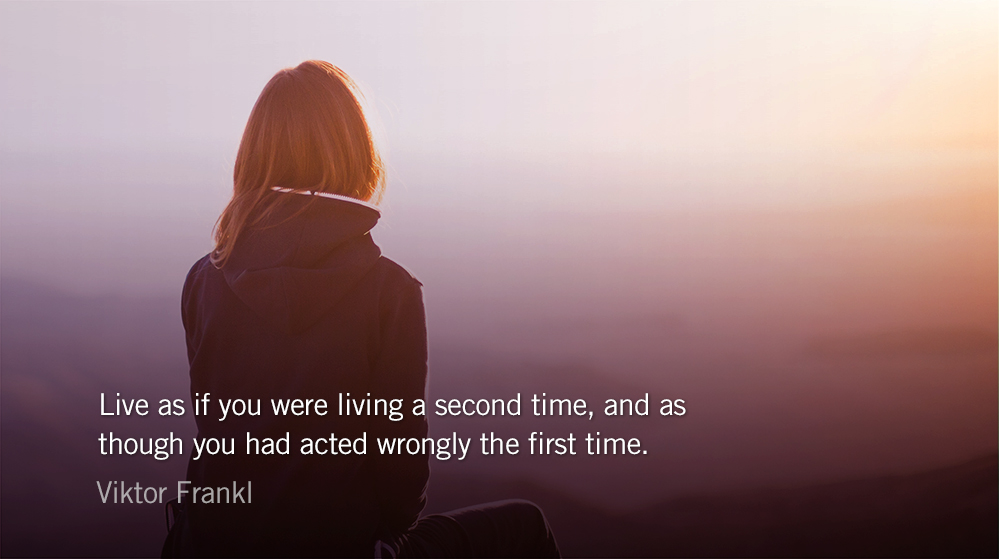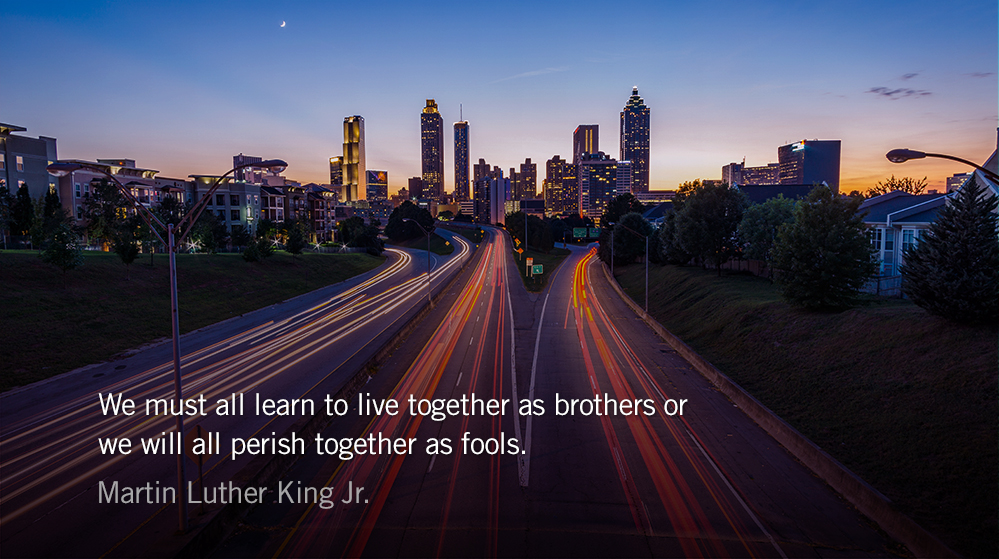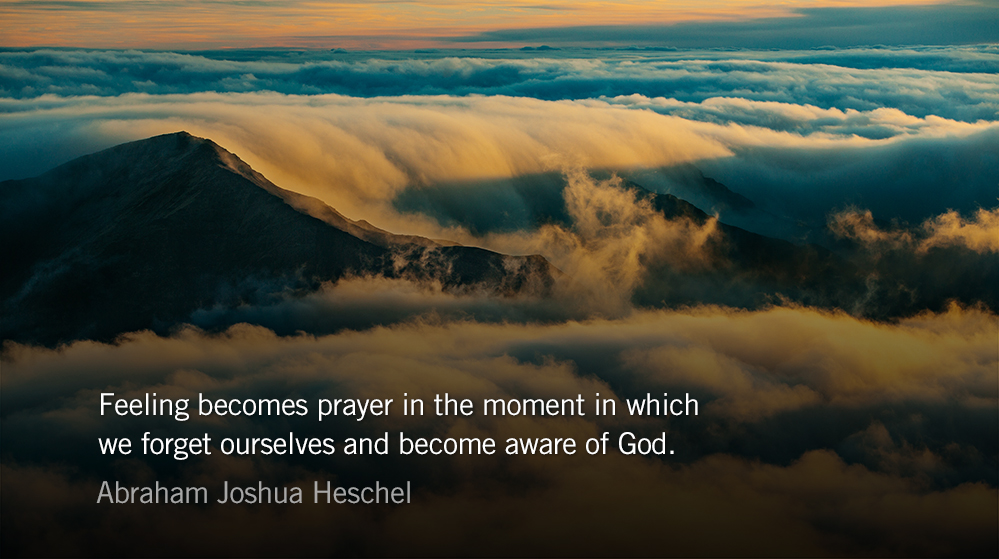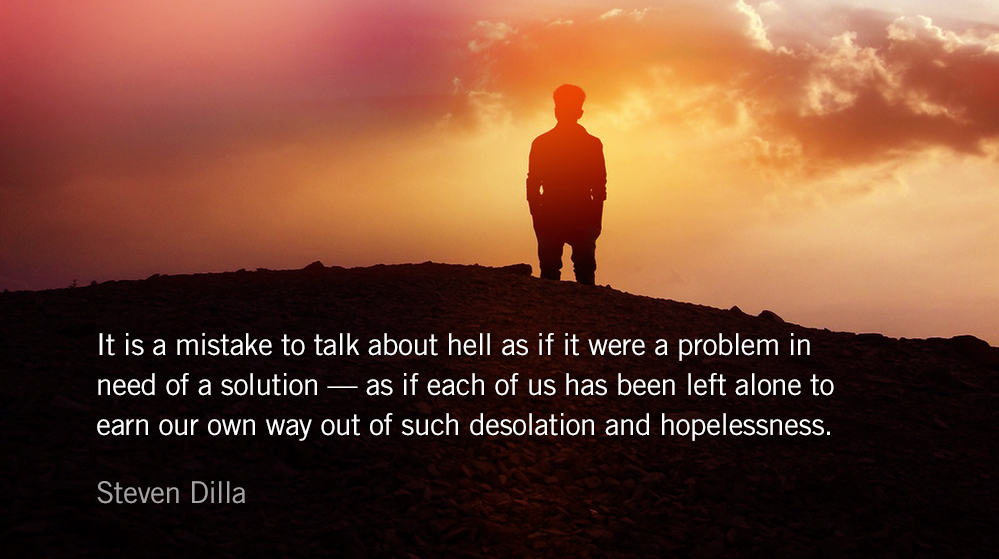Live as if you were living a second time, and as though you had acted wrongly the first time.
―Viktor Frankl
Scripture: Psalm 38.1, 22
O Lord, rebuke me not in your anger, nor discipline me in your wrath! Make haste to help me, O Lord, my salvation!
Reflection: Guilt Of Conscience And Relief
The Park Forum
The psalms anticipate Christ with brilliant clarity and longing. In response to this, Isaac Watts, the 18th century theologian, hymnodist, poet, and preacher, drew from them at length in his work. One of Watts’ most famous songs, Joy to the World, recasts Psalm 98 in common measure.
In his book Sacred Song in America, Stephen Marini notes that one of the reasons Watts’ works are so enduring is that they balance emotional subjectivity and doctrinal objectivity. “Watts’ voice broke down the distance between poet and singer and invested the text with personal spirituality.”
Watts’ work from the Psalms brings insight while making overt what the psalmists allude — Christ at the center of every longing, joy, and cry.
Watts responses to Psalms 38 in his book, The Psalms of David Imitated in the Language of the New Testament, bringing the ancient song into modern light:
Amidst thy wrath remember love,
Restore thy servant, Lord;
Nor let a Father’s chast’ning prove
Like an avenger’s sword.
Thine arrows stick within my heart,
My flesh is sorely pressed;
Between the sorrow and the smart,
My spirit finds no rest.
My sins a heavy load appear,
And o’er my head are gone;
Too heavy they for me to bear,
Too hard for me t’ atone.
My thoughts are like a troubled sea,
My head still bending down;
And I go mourning all the day,
Beneath my Father’s frown.
Lord, I am weak and broken sore,
None of my powers are whole:
The inward anguish makes me roar,
The anguish of my soul.
All my desire to thee is known,
Thine eye counts every tear;
And every sigh, and every groan,
Is noticed by thine ear.
Thou art my God, my only hope;
My God will hear my cry;
My God will bear my spirit up,
When Satan bids me die.
My foot is ever apt to slide,
My foes rejoice to see ’t;
They raise their pleasure and their pride
When they supplant my feet.
But I’ll confess my guilt to thee,
And grieve for all my sin;
I’ll mourn how weak my graces be,
And beg support divine.
My God, forgive my follies past,
And be for ever nigh;
O Lord of my salvation, haste,
Before thy servant die.
The Call to Prayer
Know this: The Lord himself is God; he himself has made us, and we are his; we are his people and the sheep of his pasture. —Psalm 100.2
– From The Divine Hours: Prayers for Springtime by Phyllis Tickle.
Full prayer available online and in print.
Today’s Readings
Numbers 4 (Listen – 6:11)
Psalm 38 (Listen – 2:14)






